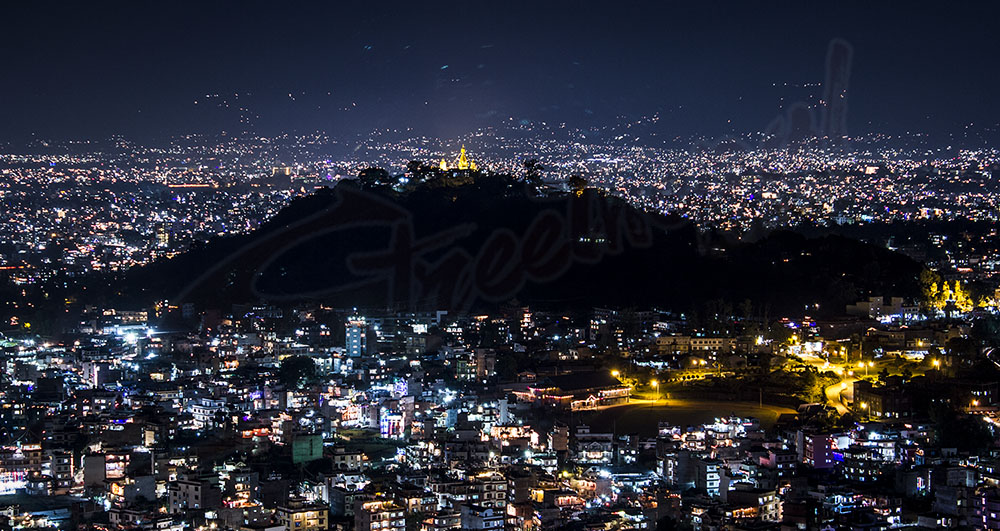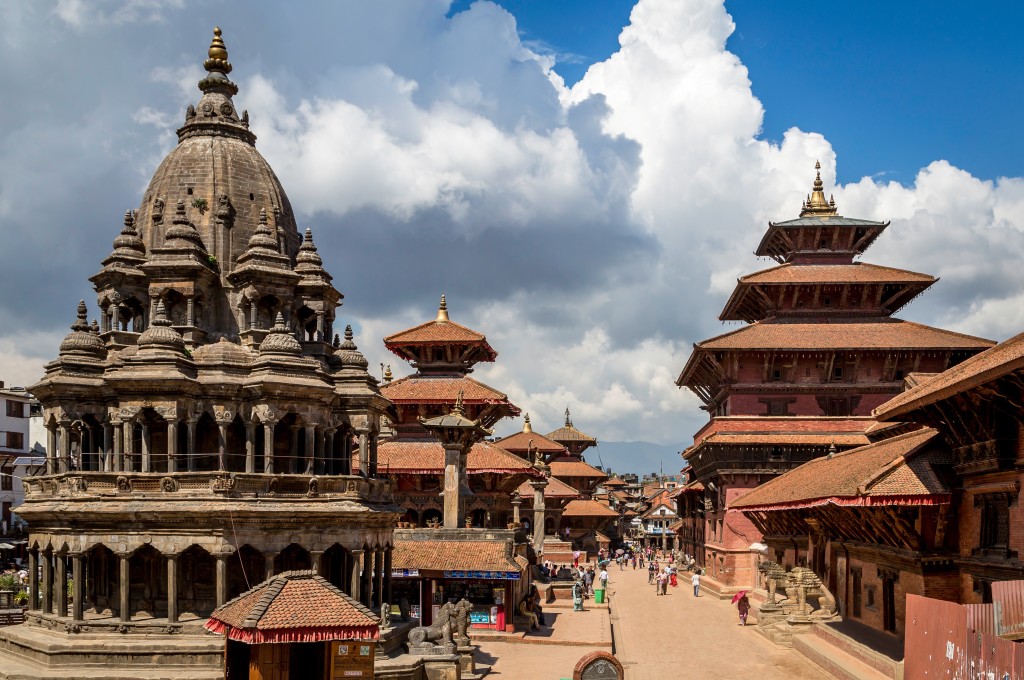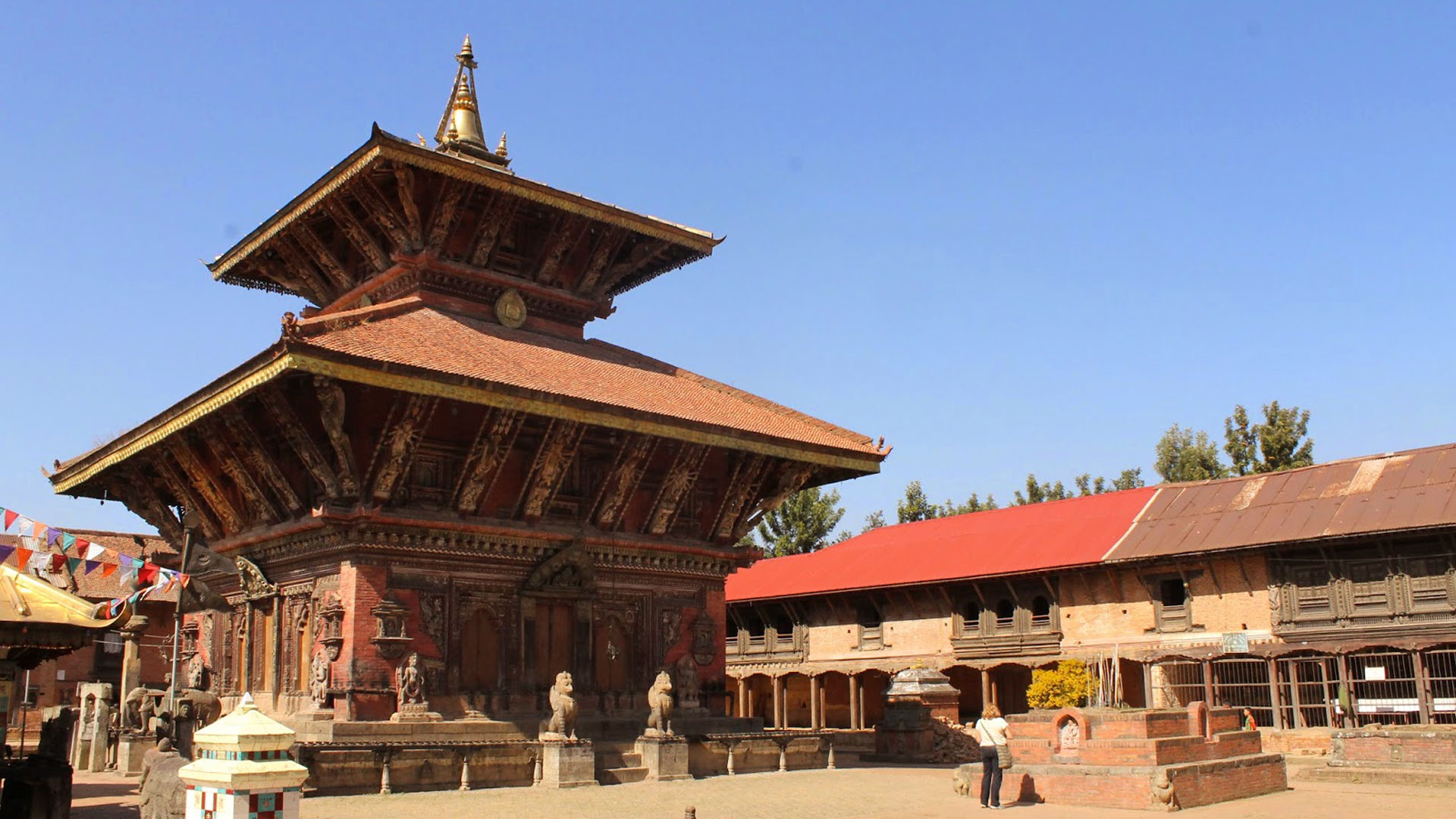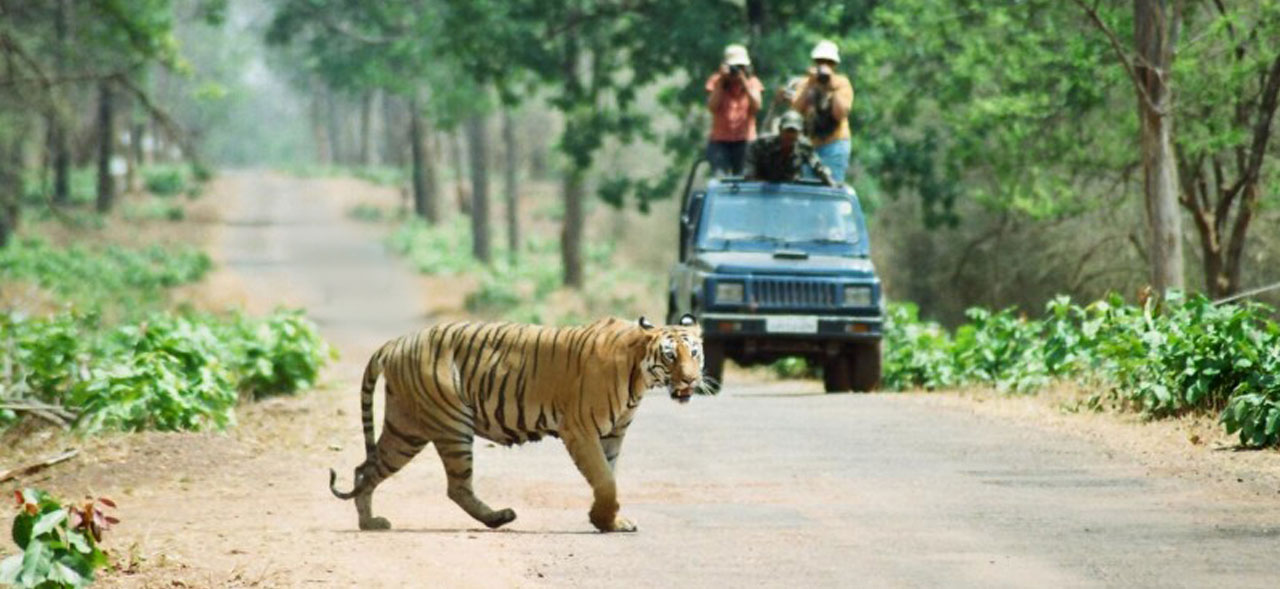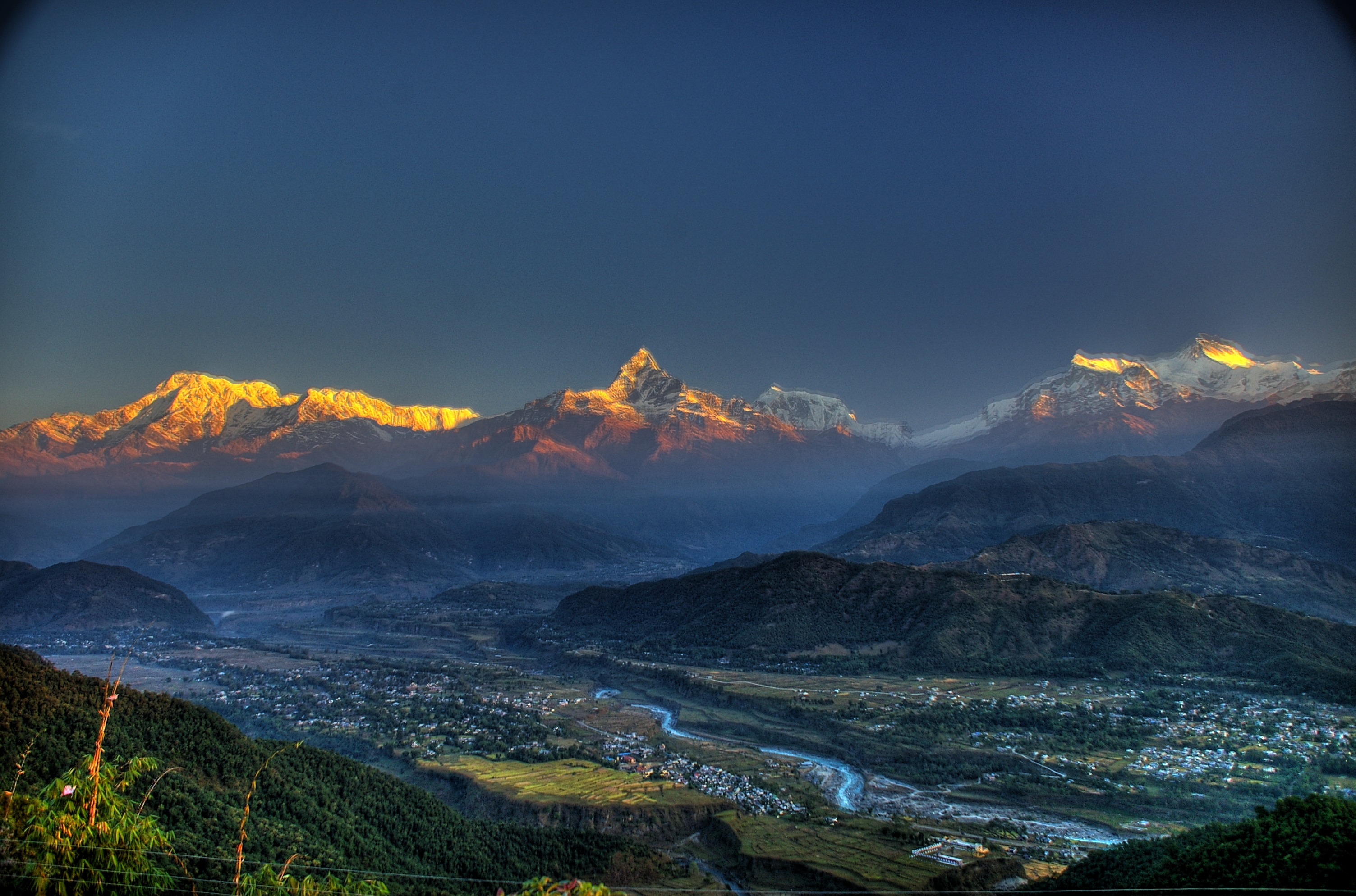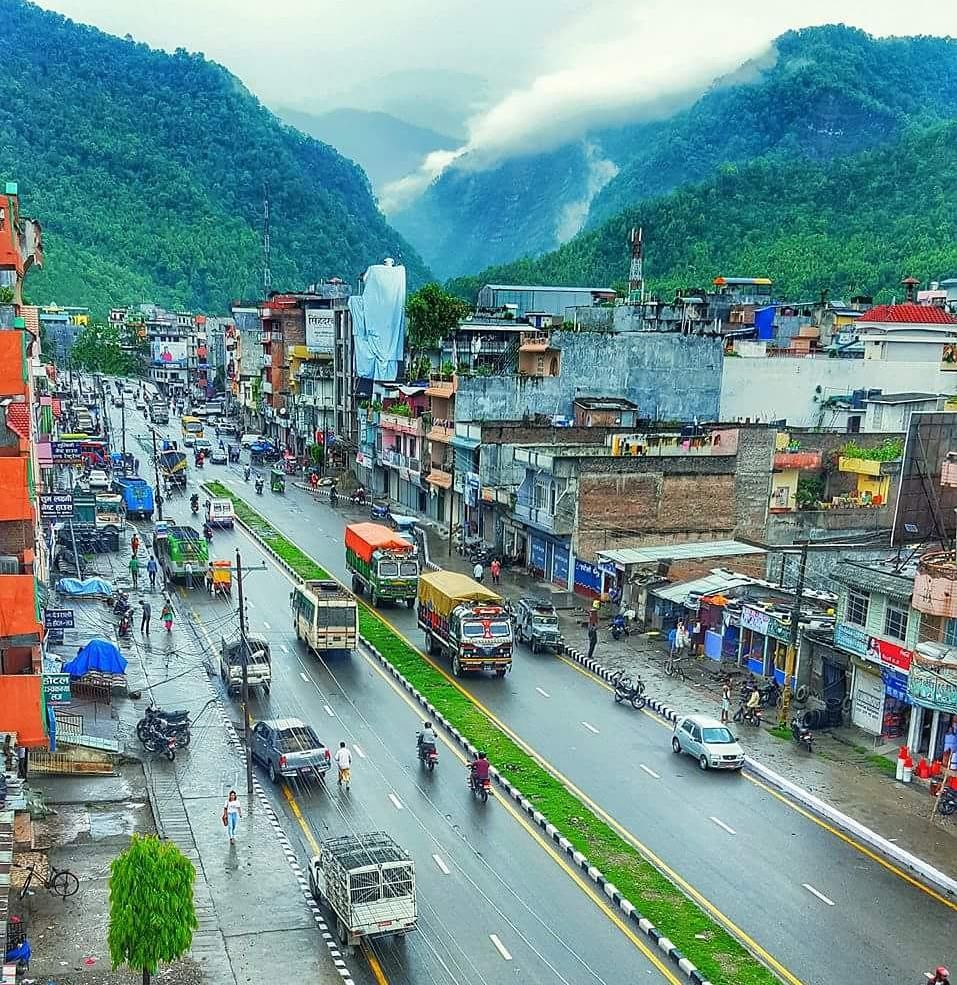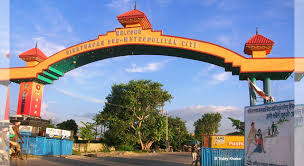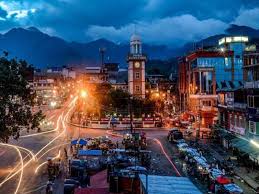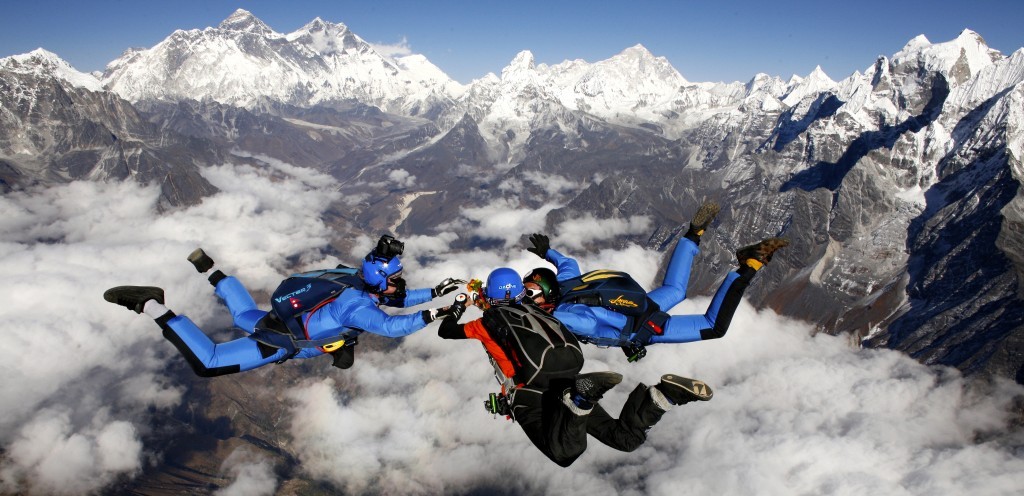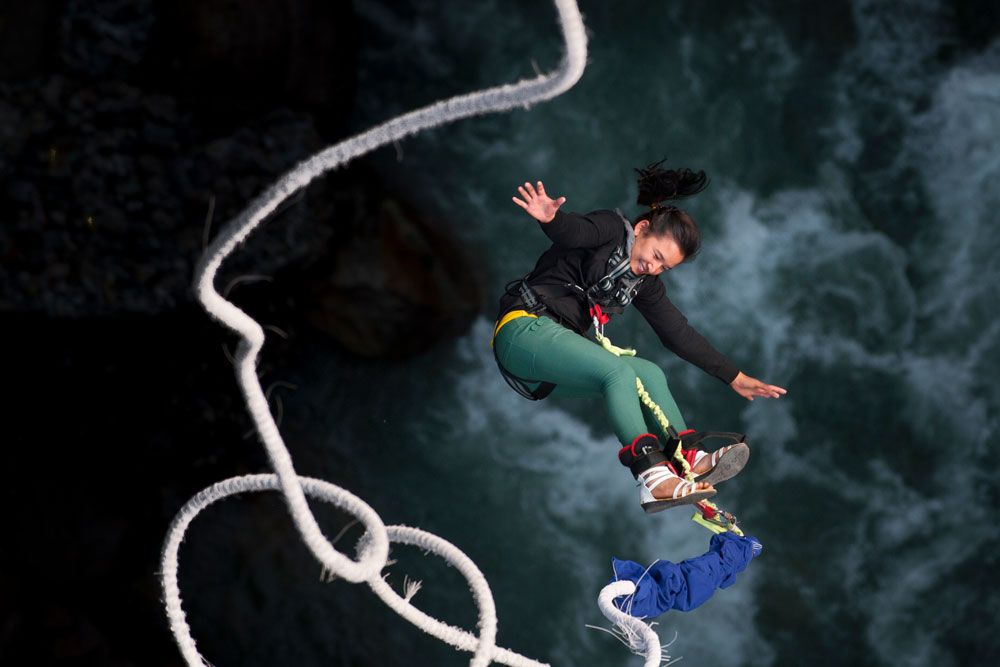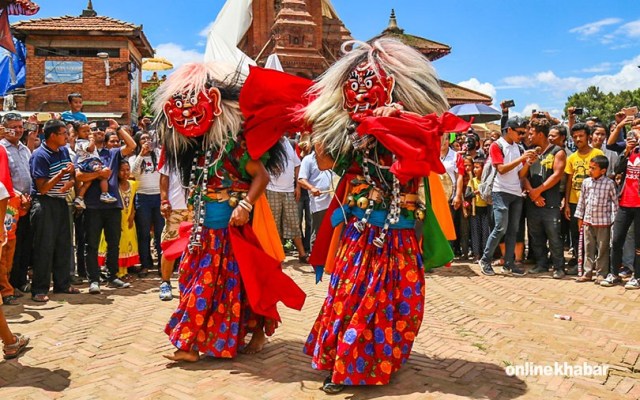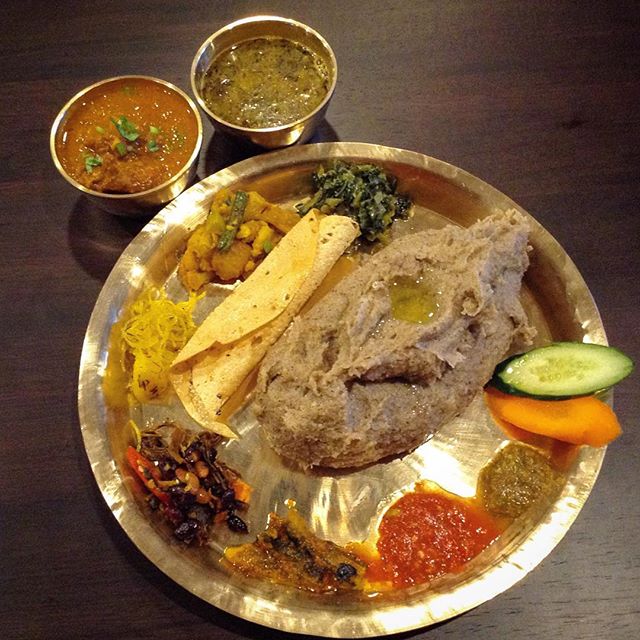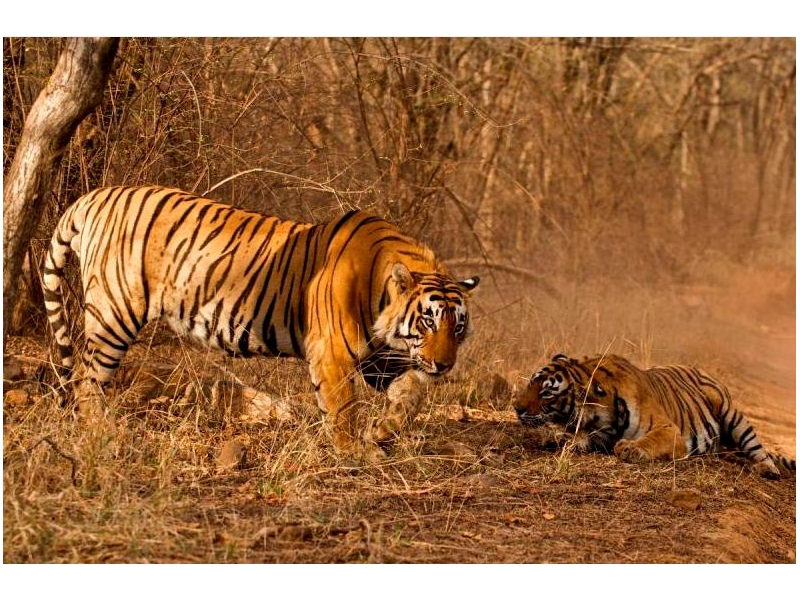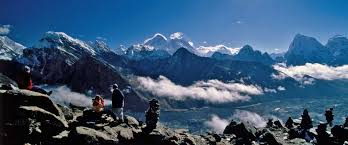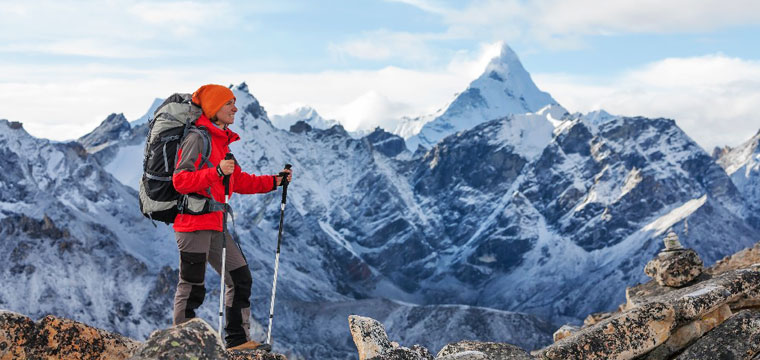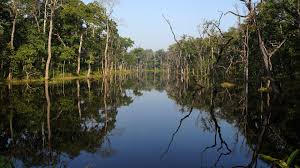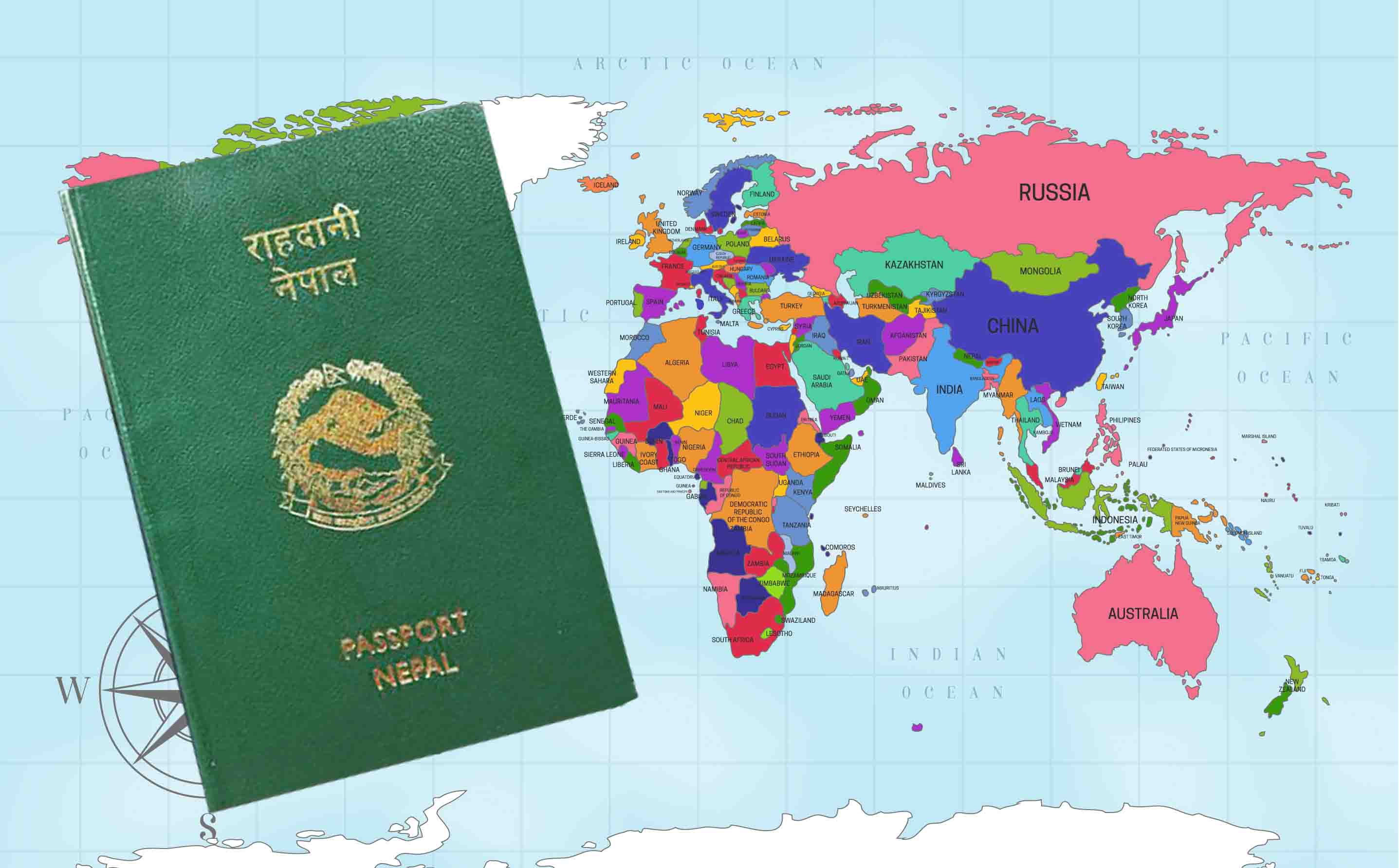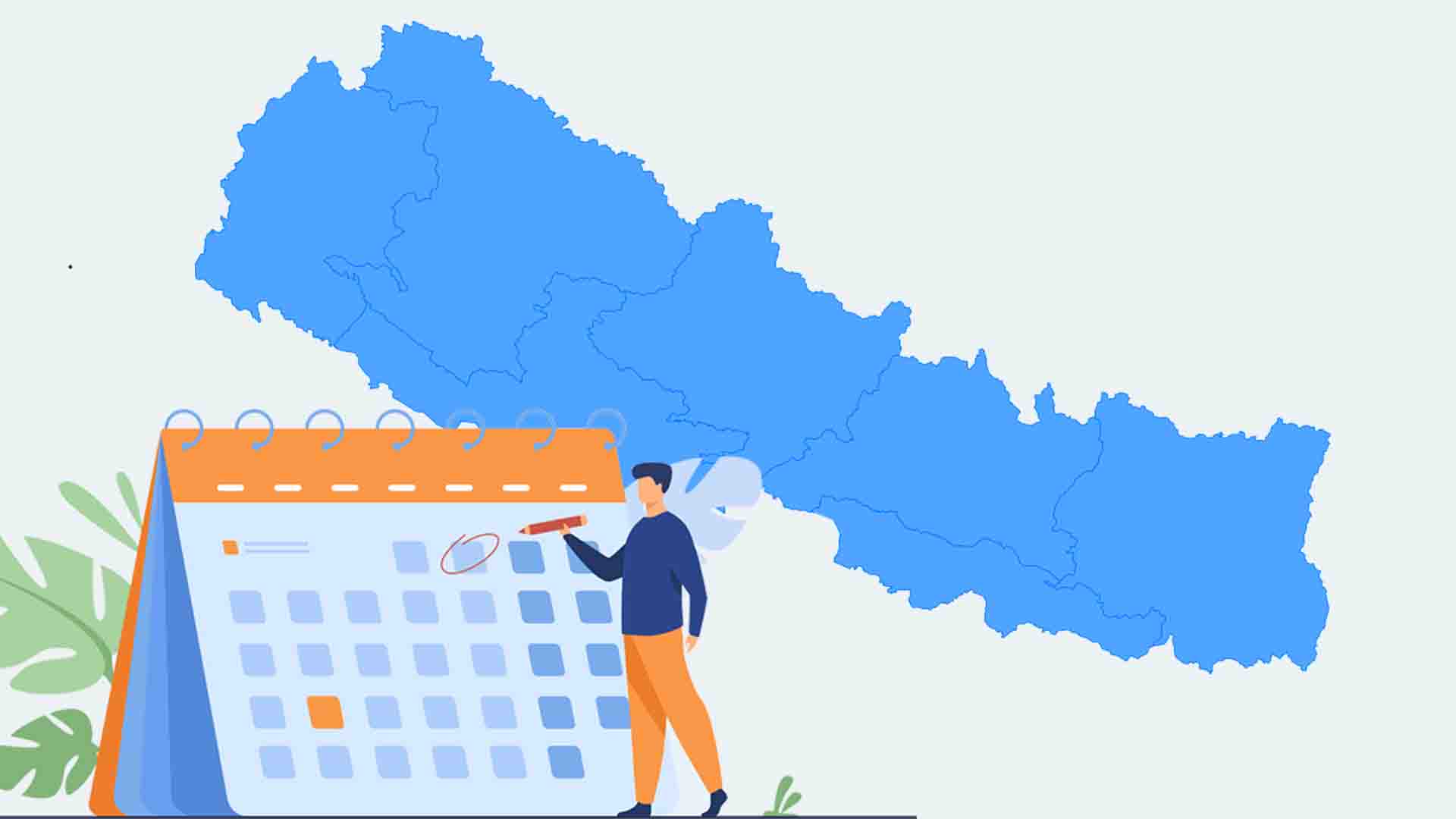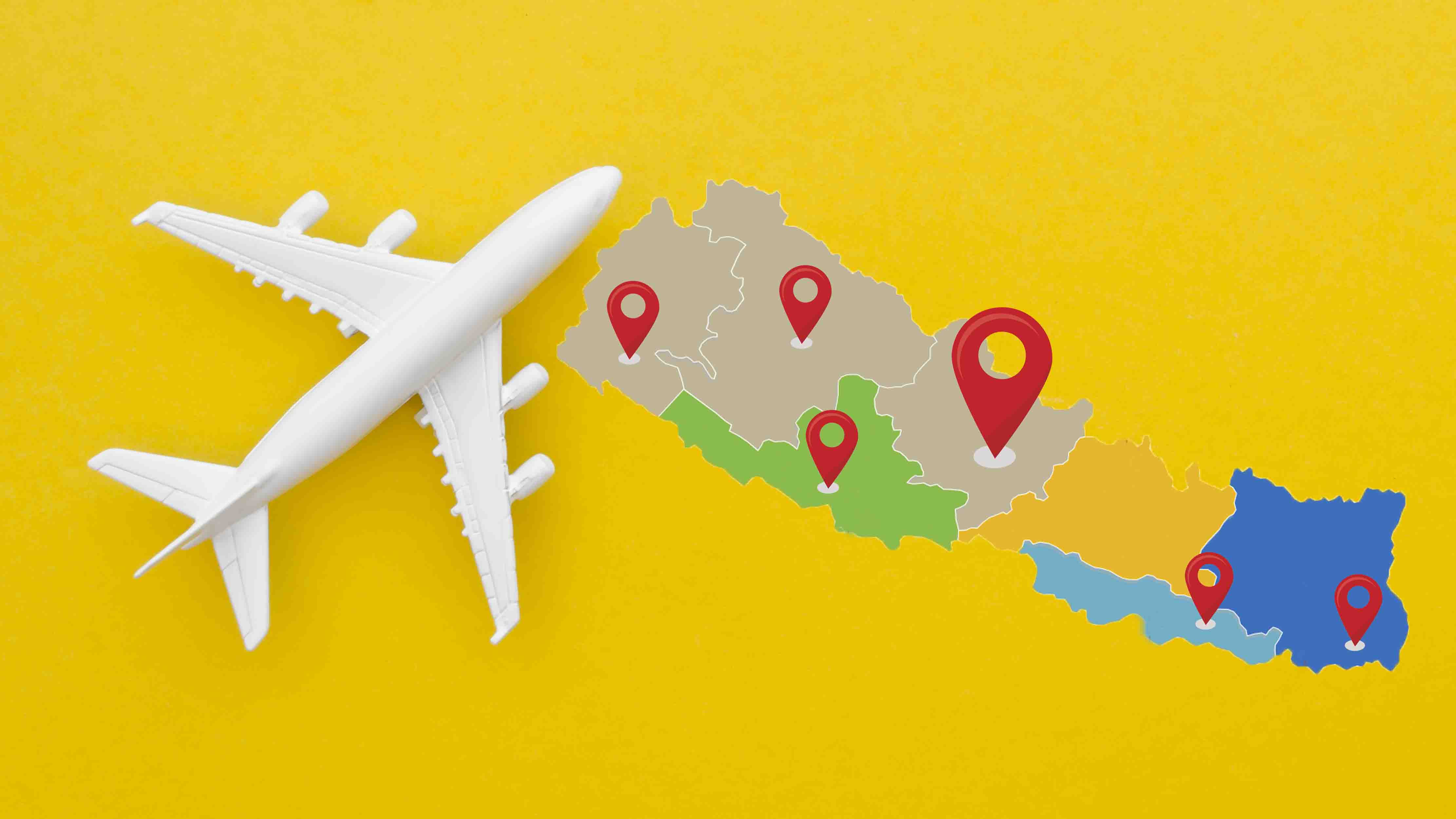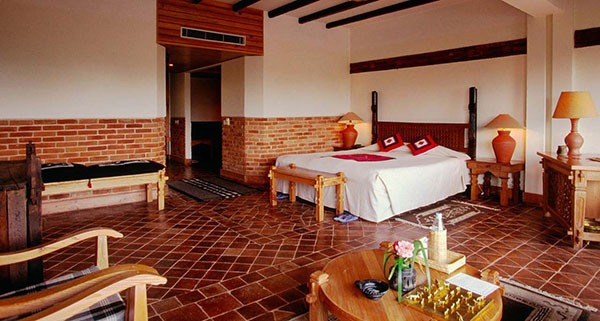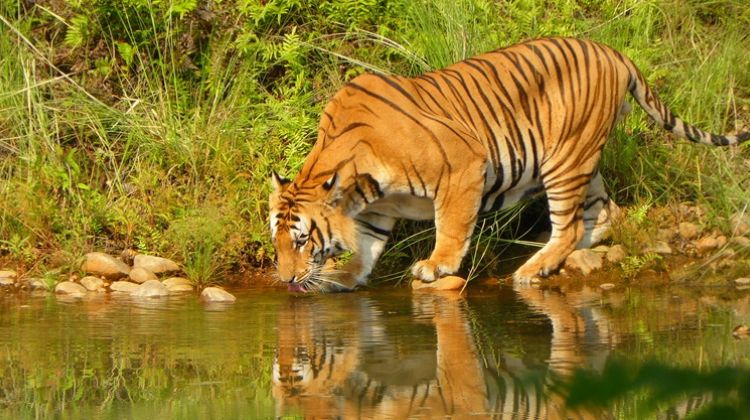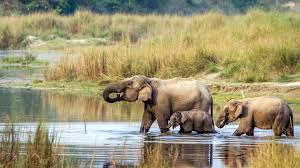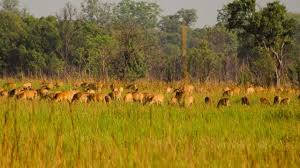Understand Nepal > national parks & conservation areas > Bardia National Park
Bardia National Park
Bardia National Park, the largest National Park of Nepal with an area of 968 km2, the gem of Province No. 5 lies in far western lowland of Terai Region. The most popular destination for wildlife and vegetation after Chitwan National Park, Bardiya, was started in 1988 to preserve and protect rare and endangered species and ecosystems of Nepal and is managed by the Department of National and Wildlife Conservation.
Bardia Jungle Safari, one of the star attractions of Bardia National Park, provides an epic experience of witnessing wildlife and vegetation in their raw state. Open shelter of dry forest, with silk and cotton trees, this Park has rivers, more than 250 species of birds, 53 species of mammals like eagle, goshawk, antelopes, blackbuck, etc. Home to rare and endangered species like One-Horned Rhino, this Park is a widespread inhabitant of Bengal Tiger.
A 45 minutes flight from Kathmandu and two hours long drive afterward will bring you to the Park. If you in a four-wheeler from Kathmandu, you will reach the reserve area within 15 hours of drive. Having fewer tourist visits as compared to Chitwan National Park, this Park provides you naked and vulnerable nature in your footstep, yet you are completely safe and sound.
Heaven for wildlife enthusiasts, birdwatchers, and wildlife photographers, this Park is challenging, with suspense in every step. You never know if there is a blackbuck spying on you. Away from the rush, this Park is still full of mystery and surprises.
If you are planning to stay in the Park, there are rental tents hiring services. With effective habitat management, right road conditions, the Park is famous for a sanctuary of blackbuck in Khairpur with a growing number of visitors every year.
Jungle Safari, birdwatching, sightseeing, hiking, elephant rides, canoe rides, camping, etc. are some exciting adventure activities offered by the Park. Rich with cultures, the local villages, with Tharu communities, provide cultural program experiences like local dance, unique food cuisines to the tourists, and friendly and welcoming nature.








